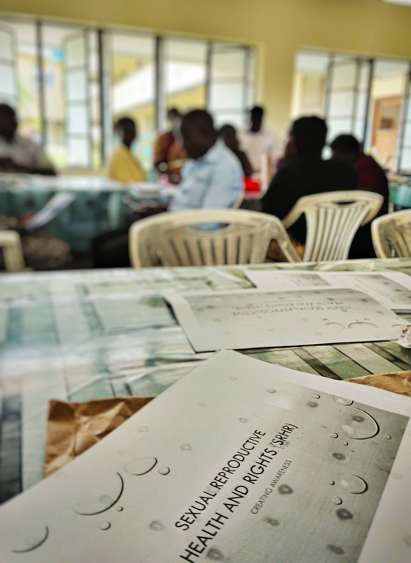By Jack Palmieri and Tobias Herder, Faculty of Medicine
How can education in sexual and reproductive health and rights (SRHR) be strengthened through collaboration across institutions and disciplines?
In the Human Rights Lunch Online seminar on September 19th 2025, Jack Palmieri and Tobias Herder, both from the Division of Social Medicine and Global Health at the Faculty of Medicine, will share their experiences of developing and teaching courses in global health and SRHR. Their work spans over the Master of Public Health (MPH) programme, commissioned education, and free-standing collaborative courses, all of which highlight the importance of balancing external engagement for high-quality and relevant learning. The seminar will be moderated by Benedict Oppong Asamoah, associate professor in global health.
Drawing on several recent course development initiatives, Palmieri and Herder will illustrate how external collaboration can broaden perspectives, strengthen student learning, and connect academic training with real-world practice. At the same time, the seminar will address some of the institutional and structural challenges that accompany such collaborative approaches. Issues of transparency, role distribution, flexibility, and quality assurance are central when courses are designed together with external actors. The reliance on guest lecturers and external expertise also raises questions of sustainability and integration within curricula.
Collaboration is not only a practical tool for enhancing learning, but also a way of ensuring that education reflects diverse voices and experiences and prepares students to engage critically with global health challenges.
This Human Rights Lunch seminar will therefore be of particular interest to those working with education and training in global health and SRHR, but also more broadly to anyone concerned with curriculum development, pedagogical innovation, or higher education policy. It will provide both concrete experiences and critical reflections on how external collaboration can help shape courses that are academically rigorous, socially relevant, and firmly grounded in human rights values.

